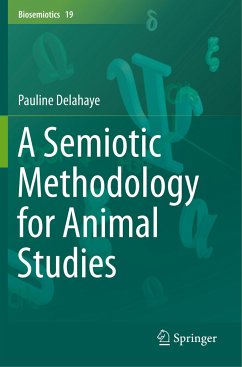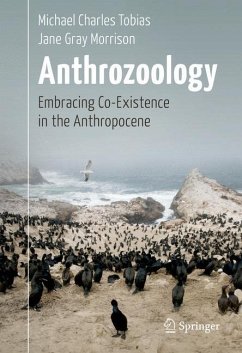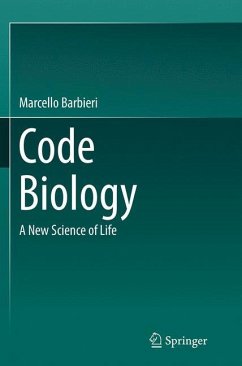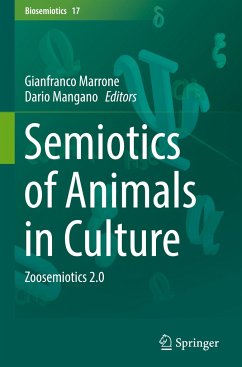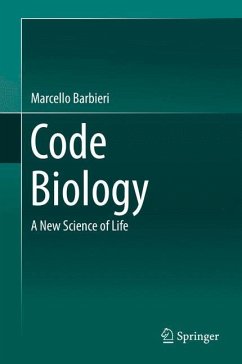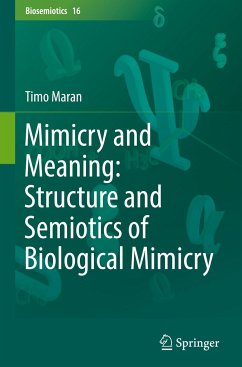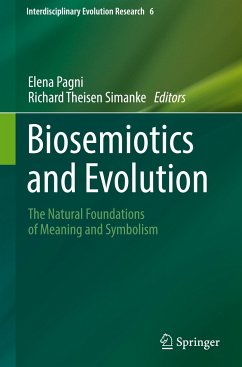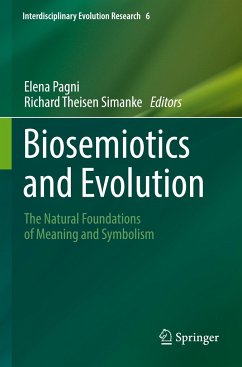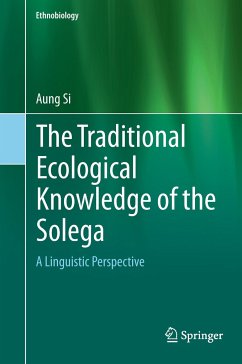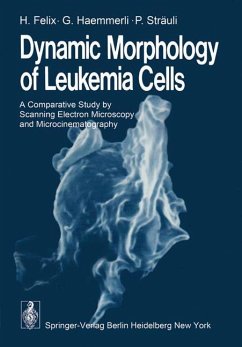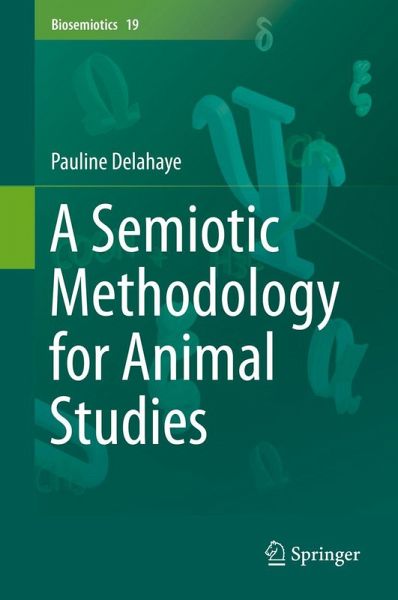
A Semiotic Methodology for Animal Studies
Versandkostenfrei!
Versandfertig in 6-10 Tagen
113,99 €
inkl. MwSt.
Weitere Ausgaben:

PAYBACK Punkte
57 °P sammeln!
This monograph is about new perspective in animal studies methodology, by using concepts and tools from the field of semiotics. It proposes a reflexion on current challenges and issues in the ethology field, and introduces different semiotics - biosemiotics, zoosemiotics - as potential methodological solutions.The chapters cover many aspects of ethology where semiotics can be a helpful hand: studies of language, culture, cognition or emotions, issues about complex, endangered or variable species. It explains why these points are difficult to study for actual ethology, why they still matter for...
This monograph is about new perspective in animal studies methodology, by using concepts and tools from the field of semiotics. It proposes a reflexion on current challenges and issues in the ethology field, and introduces different semiotics - biosemiotics, zoosemiotics - as potential methodological solutions.
The chapters cover many aspects of ethology where semiotics can be a helpful hand: studies of language, culture, cognition or emotions, issues about complex, endangered or variable species. It explains why these points are difficult to study for actual ethology, why they still matter for researchers, biodiversity actors or wildlife programs, and how an interdisciplinary study with a semiotic point of view can help understand them.
This book will appeal to a wide readership, from researchers and academics in living sciences as well as in linguistics fields, to other professionals - veterinarian, wildlife managers, zookeepers, and many others - who feelthe need to better understand some aspects of animals they are working with. Students with animal focus should read this book as an introduction to interdisciplinary methodology, and a proposition to work differently with animals.
The chapters cover many aspects of ethology where semiotics can be a helpful hand: studies of language, culture, cognition or emotions, issues about complex, endangered or variable species. It explains why these points are difficult to study for actual ethology, why they still matter for researchers, biodiversity actors or wildlife programs, and how an interdisciplinary study with a semiotic point of view can help understand them.
This book will appeal to a wide readership, from researchers and academics in living sciences as well as in linguistics fields, to other professionals - veterinarian, wildlife managers, zookeepers, and many others - who feelthe need to better understand some aspects of animals they are working with. Students with animal focus should read this book as an introduction to interdisciplinary methodology, and a proposition to work differently with animals.



